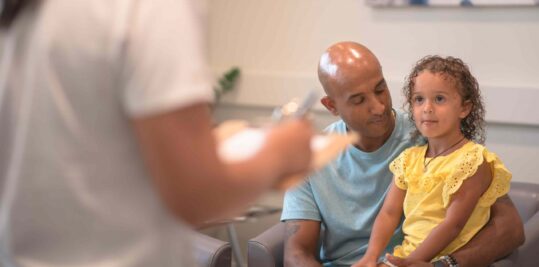Call in all eligible children for flu vaccine by early December, says PHE

Public Health England and NHS England have advised GP surgeries to call in all eligible children for flu vaccination by early December, following an end to the temporary pause in ordering nasal flu vaccines.
The health bodies announced today that primary school vaccination clinics were now underway again and vaccinations would be rescheduled ‘as soon as possible’, but that children in high-risk groups should see their GP to be vaccinated if their school session was delayed.
Related Article: BREAKING: Nurses to staff neighbourhood health centres under 10-year plan
Practices experienced a temporary pause in receiving orders of the nasal flu vaccine earlier this month due to delays in manufacturing, which were understood not to have affected thh safety or efficacy of the vaccine.
Parents of two and three-year-olds are being told to visit their GP, as well as children who are at high risk of catching flu, including those with chronic respiratory or heart conditions and those who are immunosuppressed.
Related Article: NHS Unite members in Wales reject pay award and signal appetite for strikes
PHE and NHS England said that vulnerable children were being prioritised and that if a GP or school was unable to offer the nasal vaccine, the child should be offered the injected vaccine instead to avoid delays in being protected.
Professor Martin Marshall, chair of the Royal College of General Practitioners, said that vaccination is the best defence against flu and that the College ‘strongly urges all patients in at-risk groups to get vaccinated and for parents to ensure their young children receive their vaccine as soon as possible’.
Those aged over 65, pregnant women and adults with underlying health problems were also urged to get their free flu vaccine via the adult flu programme, which has continued to run as normal.
Related Article: New ‘first-of-its-kind’ adult social care nursing faculty
The directive comes as research published earlier this month found that vaccinating pregnant women against flu reduced infection and hospitalisation in babies, even when the main circulating strain was different to that in the vaccine.

See how our symptom tool can help you make better sense of patient presentations
Click here to search a symptom


Public Health England and NHS England have advised GP surgeries to call in all eligible children for flu vaccination by early December, following an end to the temporary pause in ordering nasal flu vaccines.



